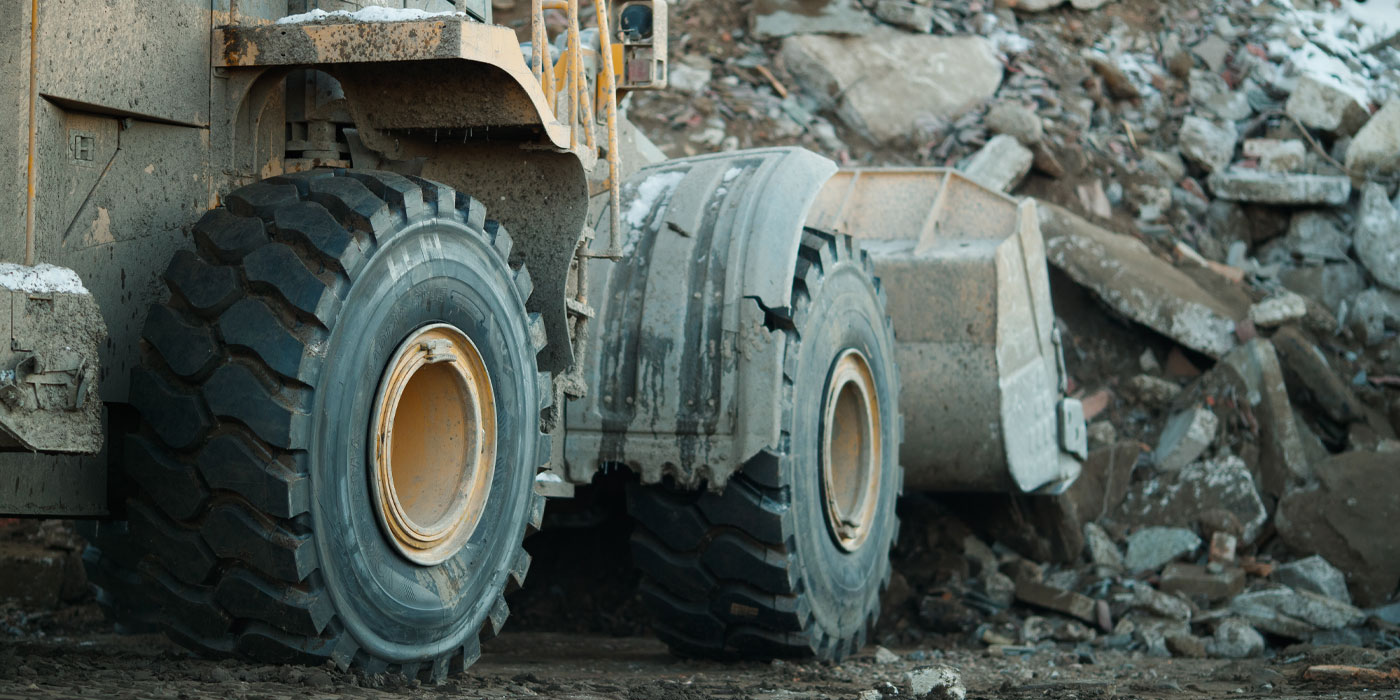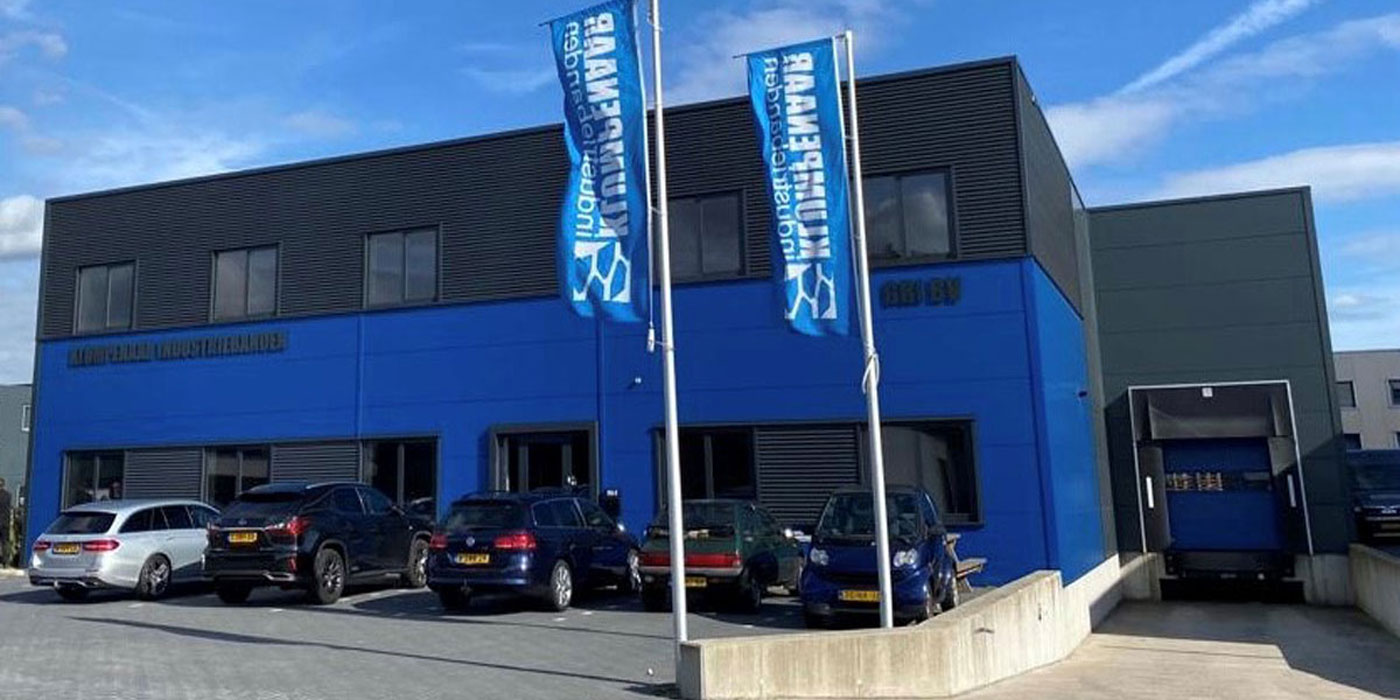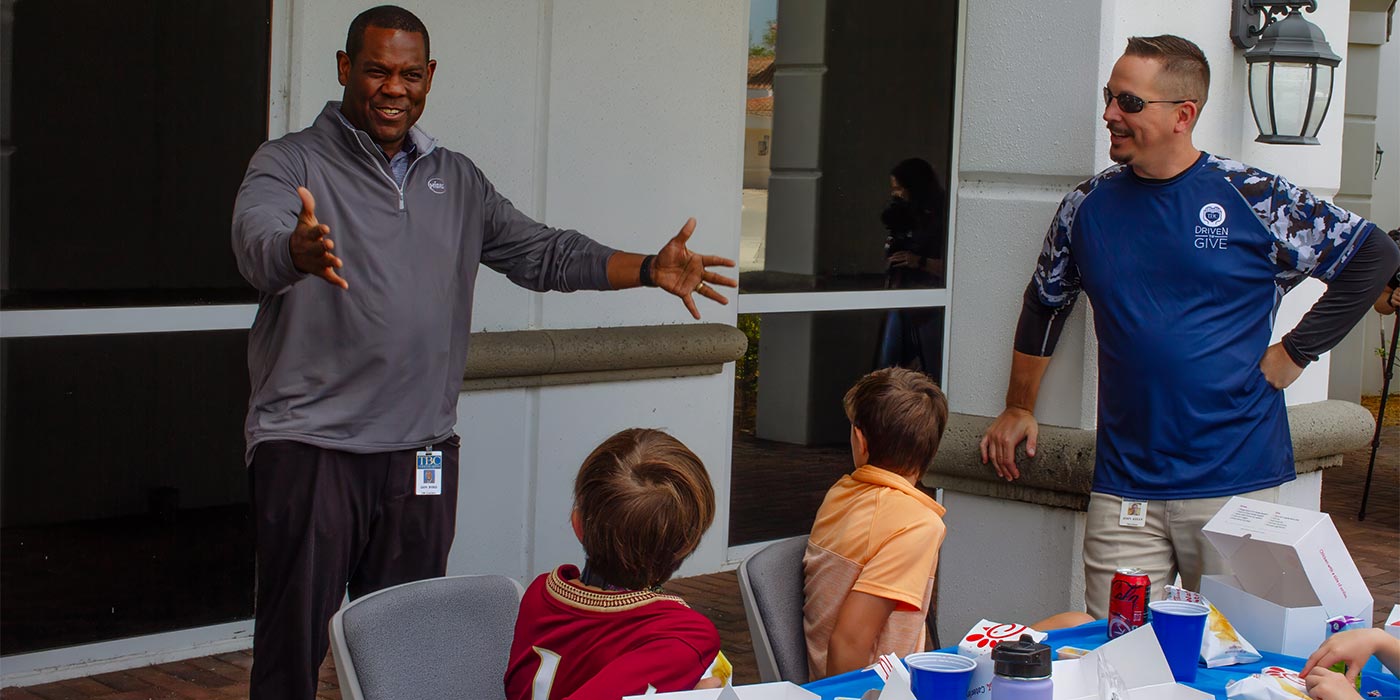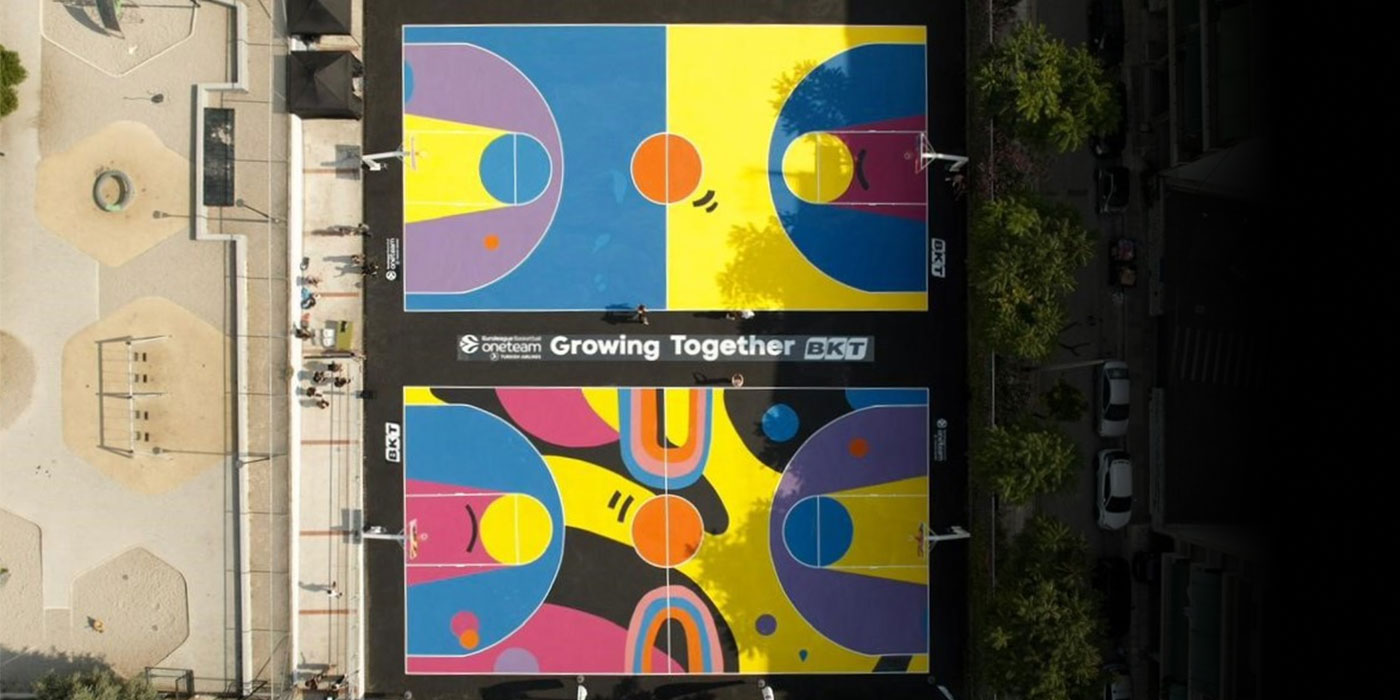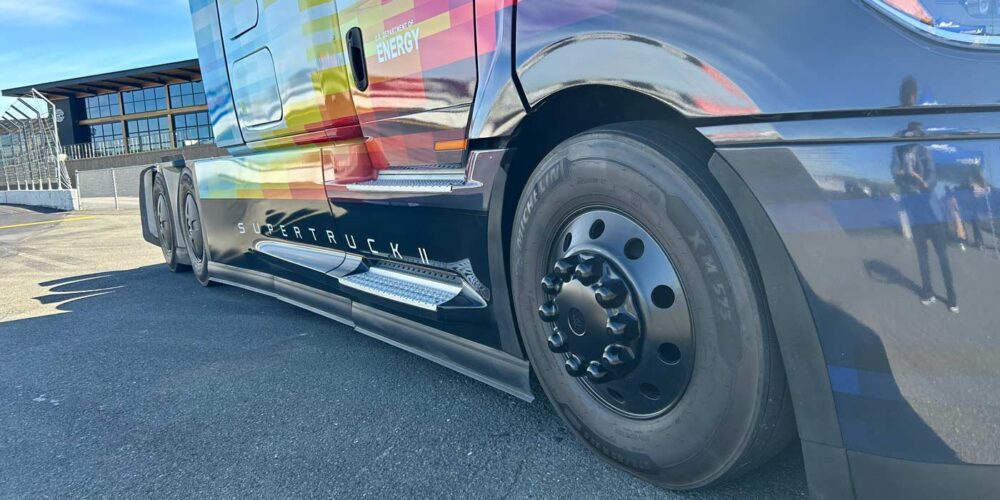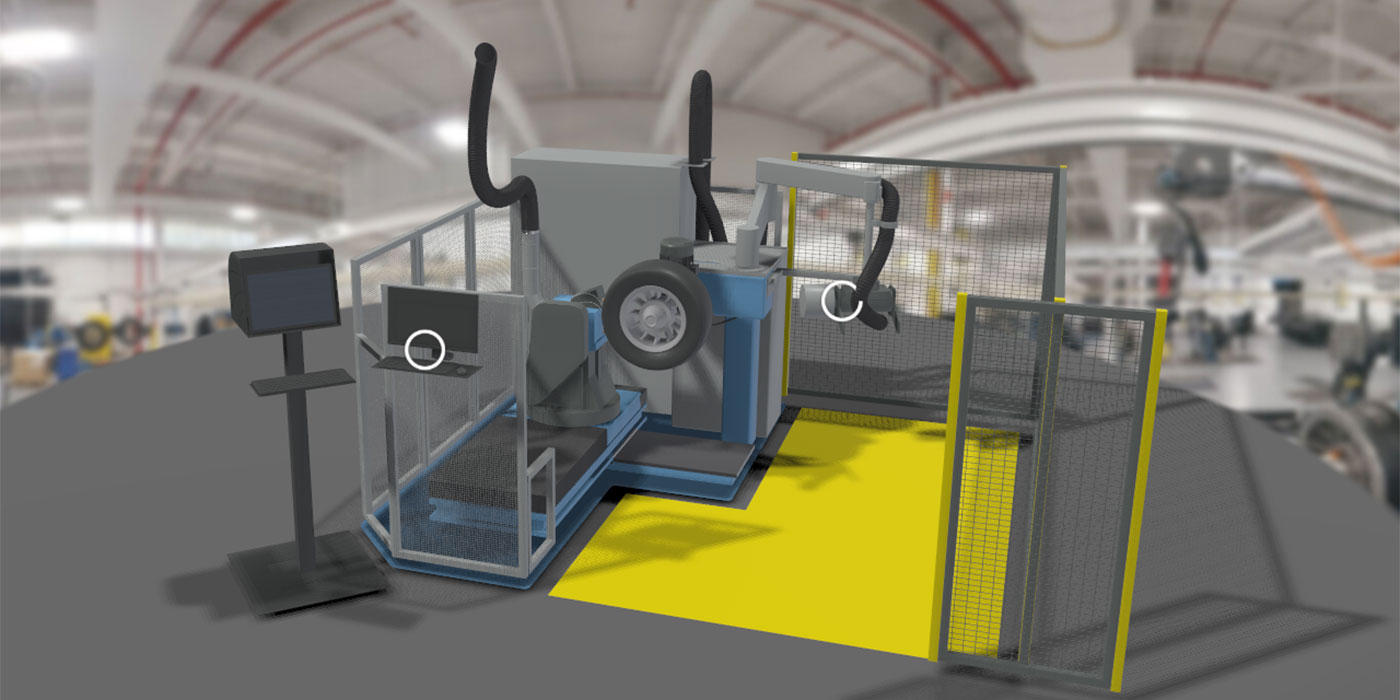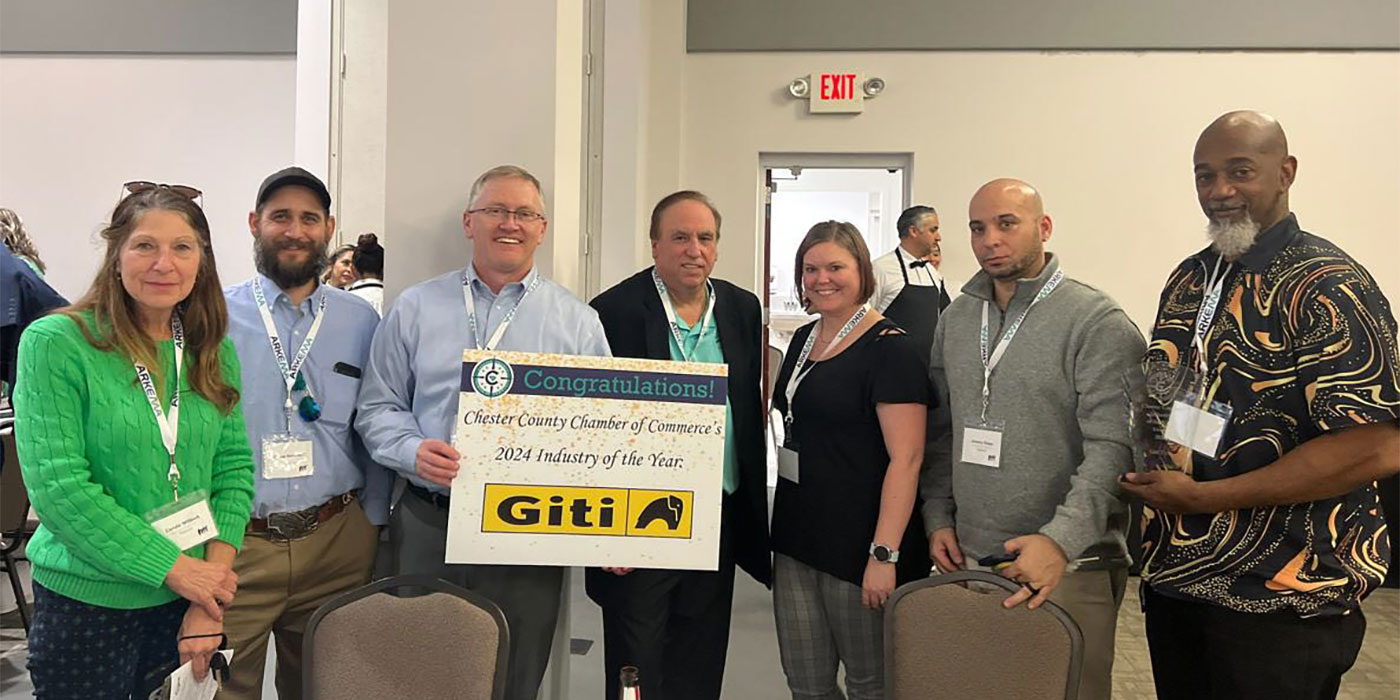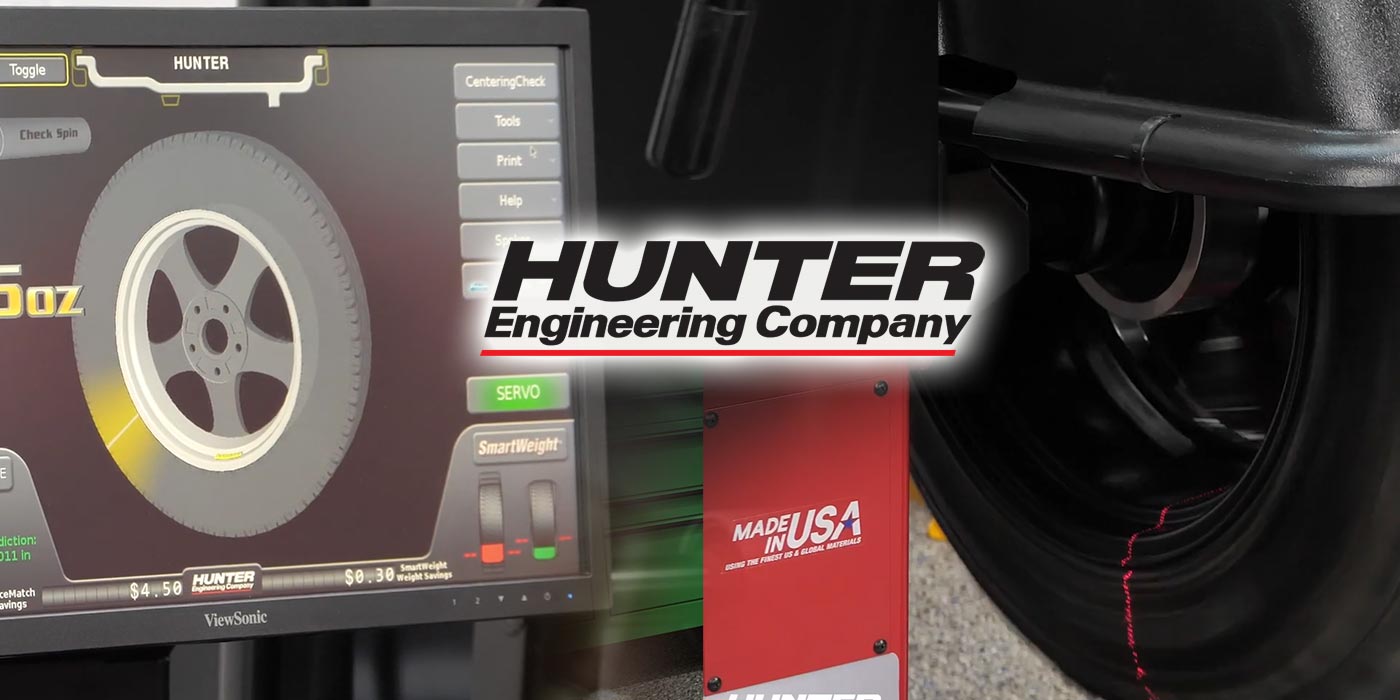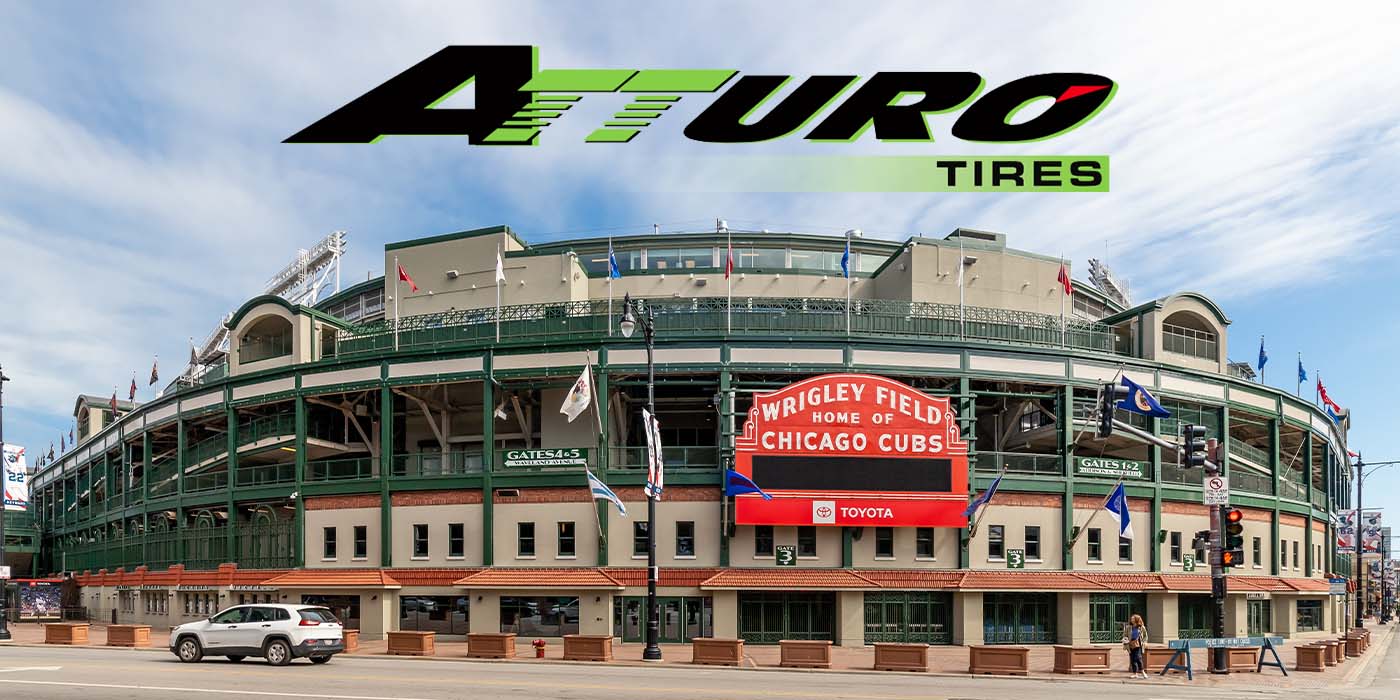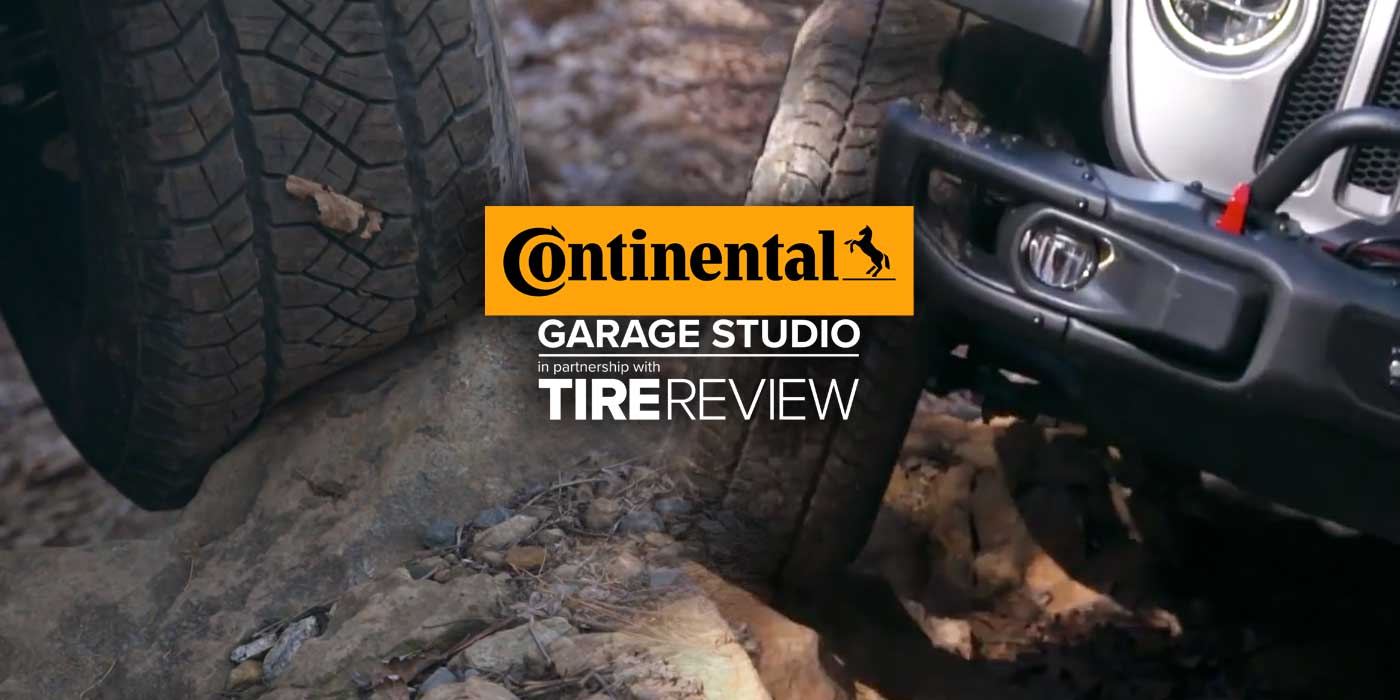As they watch the events – or non-events – unfold at CooperTire & Rubber Co.’s hometown Findlay, Ohio, tire plant, do you think othertire plant USW workers are growing wary of – even angry with – their union?
And do you think those feelings could bring an end to theUSW’s representation of all tire and rubber workers?
USW Local 207 workers have been locked out of theirworkplace for nearly two months, and no tangible negotiations have been heldsince Dec. 13. So since Nov. 28, some 1,050 plant workers have been without apaycheck, and only recently qualified for state unemployment benefits. NiceChristmas with no income, eh?
The USW International, which is purported to have a whopping$150 million strike war chest, has managed to deliver just a fistful of $100grocery store vouchers. Not a single dime of its strike fund – regardless ofits supposed size – has fallen on a single worker in Findlay.
Workers have gotten by thanks to the kindness of neighborsand friends and strangers. The Salvation Army and local United Way have helpedwith some money and food, and a local non-profit nursing home gave holiday turkeysto some of the workers, according to reports.
Yet, the USW International can find plenty of dollars totake some of those Findlay workers and some of its well-paid execs on a junketto Serbia (of all places) to pow-wow with the union leadership of a Trayalplant Cooper is buying. Sure the sympathetic “We feel your pain, Comrade”greetings they received were probably comforting, but exactly what did all ofthat travel and food money get them? Are Serbian tire builders coming toAmerica? Or are more American jobs getting shipped out? Hard to tell from thispublicity stunt. Certainly did nothing to improve the lot of the locked outworkers, or get Cooper and USW back to the bargaining table.
Then this past weekend, the USW held a national “Day ofAction” in which it called on members to picket outside of Cooper tire retailerstores. The USW claimed that 125 such events were held across the country, withUSW members and supportive members of other labor unions marching arm-in-arm.Again, not exactly sure what this did to get the two sides back to the table;one would think ticking off the customer would not be a sure way to influenceCooper.
For its part, Cooper’s company line is plain: The USWmembers failed to ratify the deal we had worked out, and failed to extend theprevious contract and return to work until we can get a deal.
It has repeated that statement quite a lot, most recentlywhen it denied that there was a negotiation session with Local 207 and afederal mediator scheduled for Jan. 12. Local 207 officials thought they weregoing back to the table. Instead they got to go nowhere.
Next, consider the curiosity of the USW authorizing a strikevote at Cooper’s Texarkana, Ark., plant, but not wanting to tie any job actionthere with negotiations at the Findlay plant. Are the two naturally connected,or did I miss something? Isn’t the USW supposed to be representing – andsupporting – workers at all unionized tire plants, and supporting localdecisions made by its Locals?
For decades, unions played one plant against another, onetiremaker against the other. That’s where the term “master contract” came from.Back in the day, most tire companies all had their plant contracts come due onthe same day. One company would be designated as the “target” and that companyand the union would negotiate. If all went well, a contract would be hammeredout and ratified, and then that contract served as the “pattern” agreement withthe other tire companies.
Most of the time, it didn’t go well, so the union – theUnited Rubber Workers until that dissolved and the plant workers sold theirsouls to the USW, which was considered to be a far more aggressive union –would play one company against the other until it all got worked out.
Now, that was an admittedly simple explanation, but thepoint is this: The tactic of playing one off the other is a time-tested meansto an end. Kids do it to their parents every day. If in 2012 the adults runningthe union don’t want leverage one plant against the other, what exactly is theUSW in Pittsburgh afraid of?
On Jan. 20, Cooper’s contract with its workers in Texarkanacomes to an end. What will be the result there? Cooper has strongly stated thatit does not want to have once separated, individual deals with the USW end upwith the same due date. Cooper doesn’t want to risk losing all of its remainingU.S. tire production to a strike or other labor-induced action.
Previously, contracts with Findlay and Texarkana workersended months apart, which gave Cooper time to work out new deals without thethreat of losing a massive chunk of its U.S. production. Cooper still has a veryproductive non-union plant in Tupelo, Miss., that turns out about 42,000passenger and light truck/SUV tires per day, compared with the 54,000 PLT/dayproduction of Findlay and Texarkana – combined. (Cooper closed itsnon-union Albany, Ga., plant two years ago.)
Cooper has to be looking at this situation with sometrepidation. The USW, perhaps, would want to push Cooper to one contract/onedate. On the surface, the other two things Cooper could do are: get back to thenegotiating table in Findlay and work out a new contract that is backdated andruns on an odd-year cycle compared to a deal in Texarkana, or it could risk arun-in with the National Labor Relations Board and arbitrarily impose a “lastbest offer” deal on Local 207 and order them back to work – on a backdatedcontract, of course.
Either way, doesn’t seem like the USW International will bemuch of an impediment.
Of course, the other option is to close the 94-year-old tireplant – the second oldest tire plant still in operation in the U.S. and Canada– and move on. The Findlay plant is Cooper’s smallest in North America,producing an estimated 22,000 tires per day. That is not at all what Coopermanagement wants to do – and not at all what the “If-We-Tariff-They-Will-Build”USW wants to have happen – but that option remains in play even if it is at thefar end of a very long table.
In reading some of the reports from the front lines inFindlay, there is no doubt plenty of USW Local 207 members are beyond pi@@%#with their union. Findlay workers feel at once abandoned and betrayed by theirunion. No money has come from the mega-strike fund, and the USW has flaggedtying Findlay and Texarkana together, leaving workers wondering just what theirunion dues are buying them.
As you can imagine, Findlay workers have plenty to say aboutCooper management, which they shared with the World Socialist Web Site (WSWS). “Thepeople in the Ivory Tower aren’t willing to take pay cuts,” one worker told the WSWS. “My average pay is $21 an hour, and you have to budget for that. Then youcome in and they say, ‘You have to slash your budget.’ How do I cut more? Rightnow I’m just trying to make my house note.”
Reports on the WSWS also say locked out workers have grownfrustrated, and are angry to be left in the dark by the union concerningnegotiations and the company’s action. And while they claim that they are stillstanding solid, some of those who are locked out are lashing out at theirunion.
“The Steelworkers is one of the richest unions in thecountry,” said one Local 207 member. “We haven’t got a raise in seven years butunion dues have steadily gone up.”
“It used to be a union. Now they’ve made it a business,”said another. “We’re all divided. The young guys are not getting a pension.Soon they are going to be the majority in here. Then the company will offerthem a small raise if they vote to get rid of our pension.”
A 20-year veteran said, “It’s going back to the 1930s. Ilost $30,000 a year when they changed working hours and eliminated overtimeafter eight hours of work. We’re working 12 hours a day. People fought and diedfor the eight-hour day and now it’s gone.”
“You keep hearing the economy is getting better,” said oneworker to the WSWS. “Whose economy? They don’t want to talk about my economy.People can’t live this way. The lower classes outnumber those on top. That’swhy the people who have had enough are driving out all the dictators in theMiddle East. You can only suppress the majority for so long.”
“Obviously, nobody wants to be locked out,” another said. “Everybodyhas to look at the big picture. There’s a lot of issues over there. Jobsecurity is a big one, and I know they said we had to take pay cuts to keep ourjob security, but I don’t know how far you can cut people’s wages before enoughis enough.”
Local 207 workers claim they “took concessions last time,”that “last time” being the three-year deal they signed in 2008 when the economywas sliding rapidly. After that, claims the union, Cooper saw years of profits,and top execs got “double-digit pay increases in the year following the unionconcessions.”
We have no access to Cooper’s human resources data, but for2008 the tiremaker posted a $219 million loss. In 2009 it gained $52 million innet profits, and recorded another $140 million in net earnings in 2010. Throughthe third quarter of 2011, Cooper was up $44.5 million. So from Jan. 1, 2008,Cooper’s net-net profit has been a whopping $17.5 million.
Regardless of their math challenges, union workers feltbetrayed by the company when they got locked out on Nov. 28.
“As a group we said enough was enough,” another Local 207member told the WSWS. “One of the managers told us the new proposal was goingto save the company $5 million to $7 million. I asked, ‘What about the $30million you already took from us in 2008?’ He didn’t answer.”
“The people in the Ivory Tower aren’t willing to take paycuts. My average pay is $21 an hour, and you have to budget for that,” anotherfrustrated worker to the WSWS. “Then you come in and they say, ‘You have toslash your budget.’ How do I cut more? Right now I’m just trying to make myhouse note.”
So, if and when contact(s) with Cooper are resolved, justhow will tire plant workers view their union moving forward? Will they feelsecure and well-represented? Will they feel used and betrayed? Will they feelthey have received value – some or any value – for the heavy dues they areobliged to pay?
Or will they abandon the USW and find another labor body torepresent their interests?
Many older industry observers have said the USW was neverthe URW, never understood the lot of tire and rubber plant workers, and neverseemed to make much of an effort to do so. The USW was and is STEEL, and littlemore. When the URW faulted and fell, it was a marriage of convenience, thoughrubber workers surely felt the bigger, stronger, more aggressive USW was rightfor them.
No one could envision the Cooper-USW contract talks to everbe a watershed event, one that could peel tire and rubber workers away from themighty USW. While there is no telling what the long-term relationship damagethe situation in Findlay may cause, there should be little doubt the USW’s holdon the tire industry appears to be slipping.
If you wonder about that, consider these unsolicited commentsfrom a worker at Cooper’s non-union Tupelo, Miss., tire plant:
“I work at our Tupelo, Miss., location. It is a non-unionplant. I love my job and my co-workers are my family and friends. I will beshipped off to either Ohio or Texarkana this weekend to build tires and trainwilling and non-greedy individuals because the sorry bastards in those twofacilities are unwilling to be status quo with our benefits package. Look atprofit margins over the last 25 years throughout our company. The Tupelo teamis why Cooper Tire is still open. I will not complain nor will I back down. Guesswhat USW? Your peoples’ retirement is funded by the sweat of Tupelo’s brow. Welost our retirement in 2008 to keep YOUR jobs. I’m sure you sleep well at night,though. We work 12-hour shifts, too. If your people can’t handle the job, maybeit’s not the job for them. We will save the day once again, but this time I’mafraid you guys lose.”

